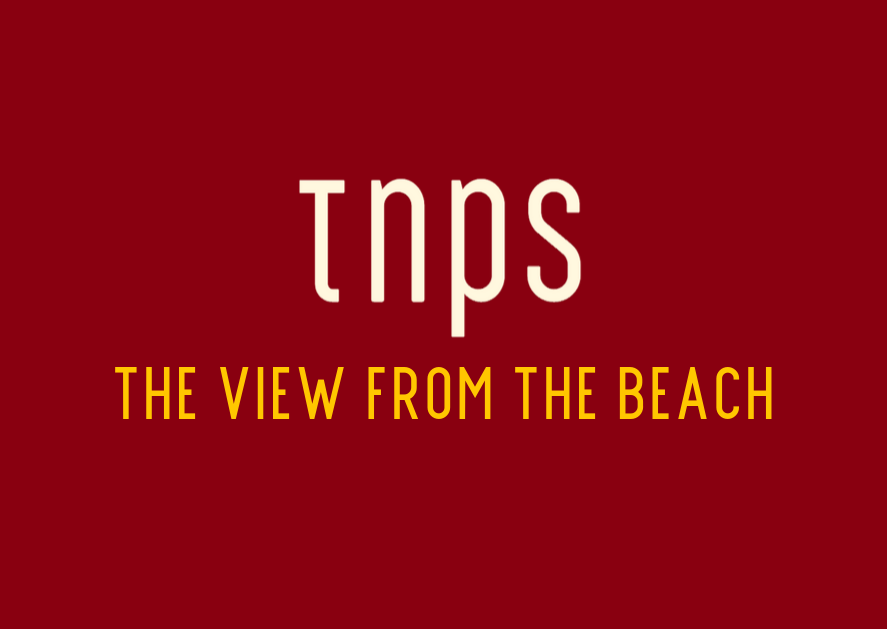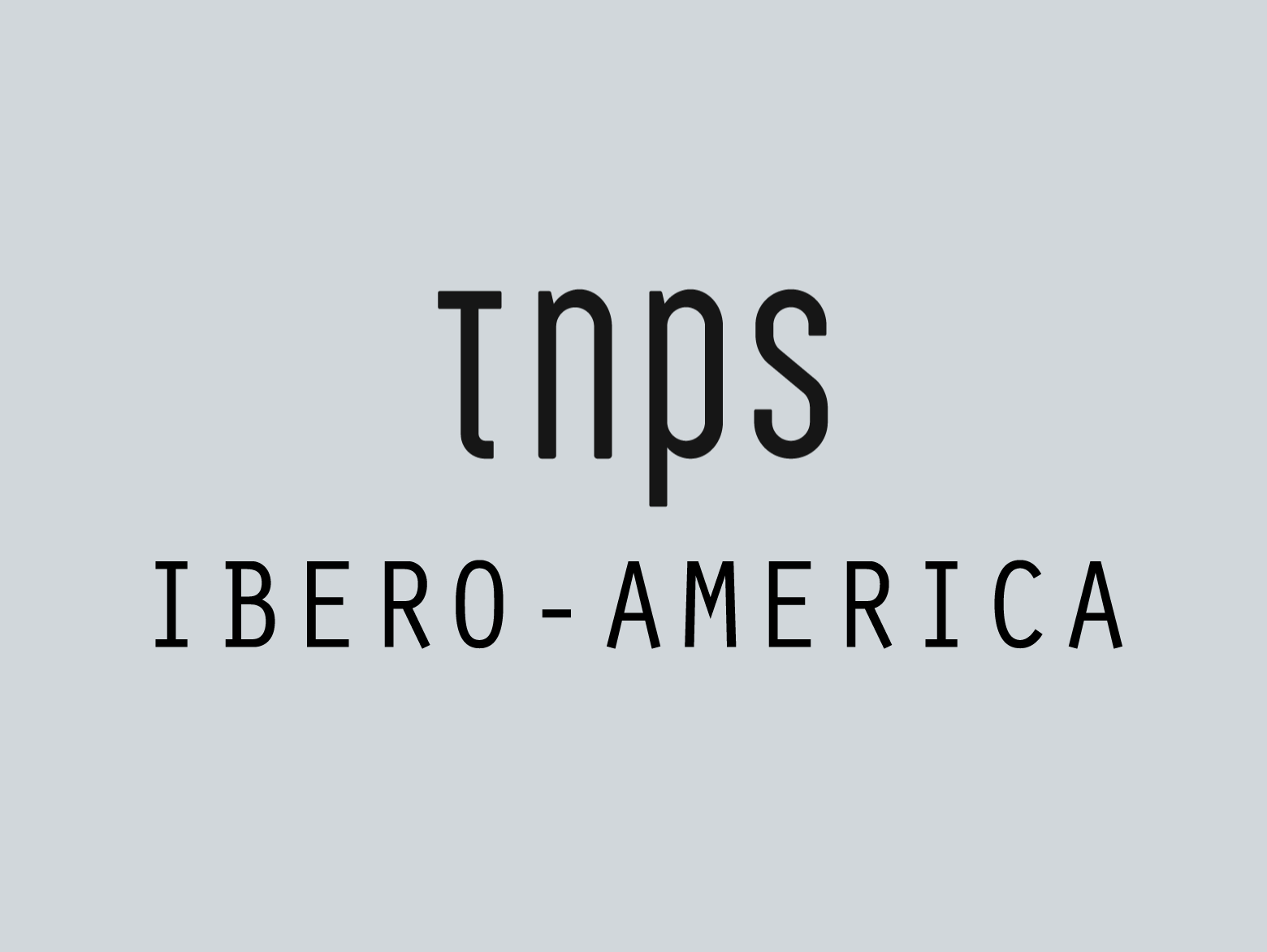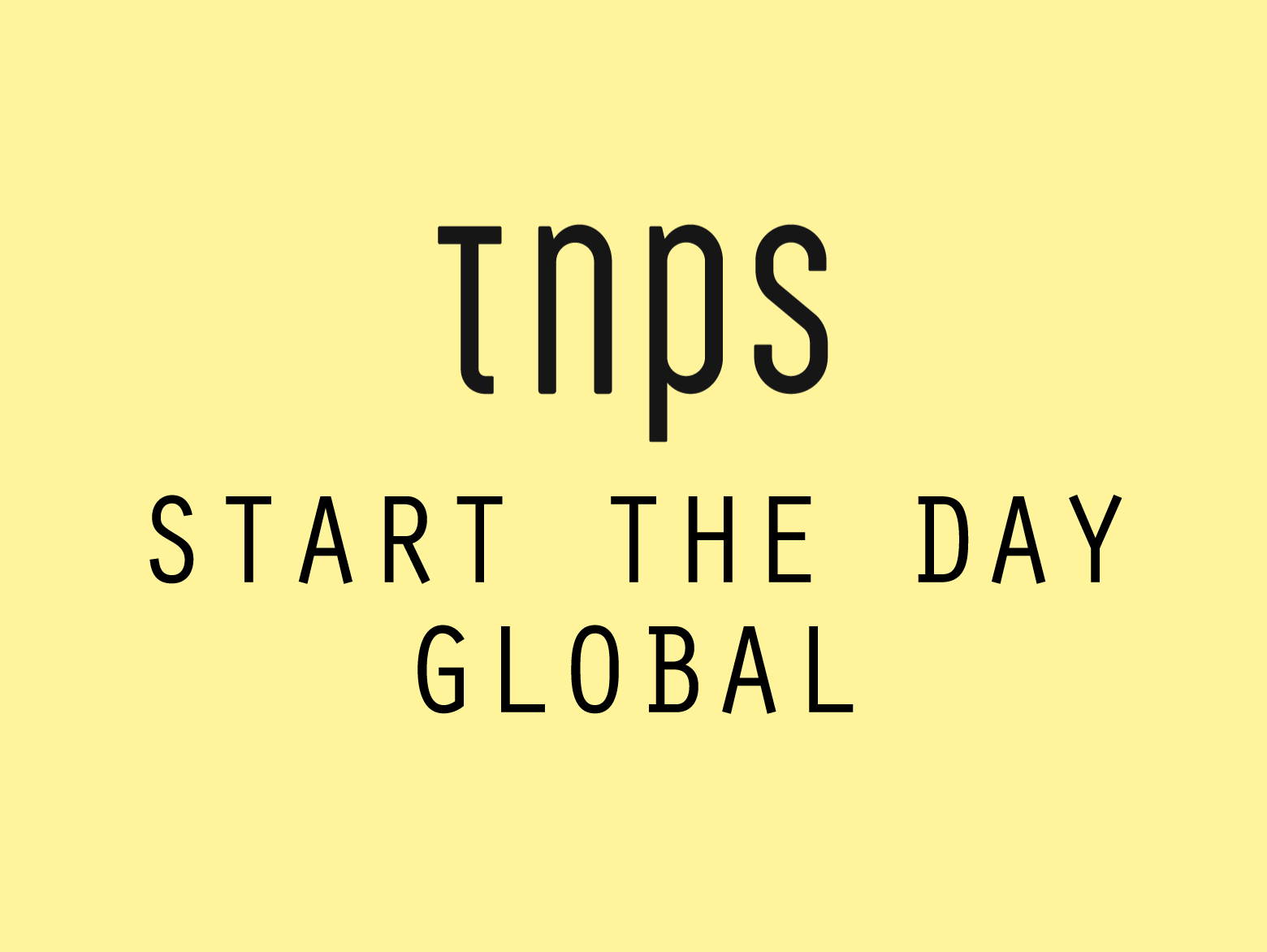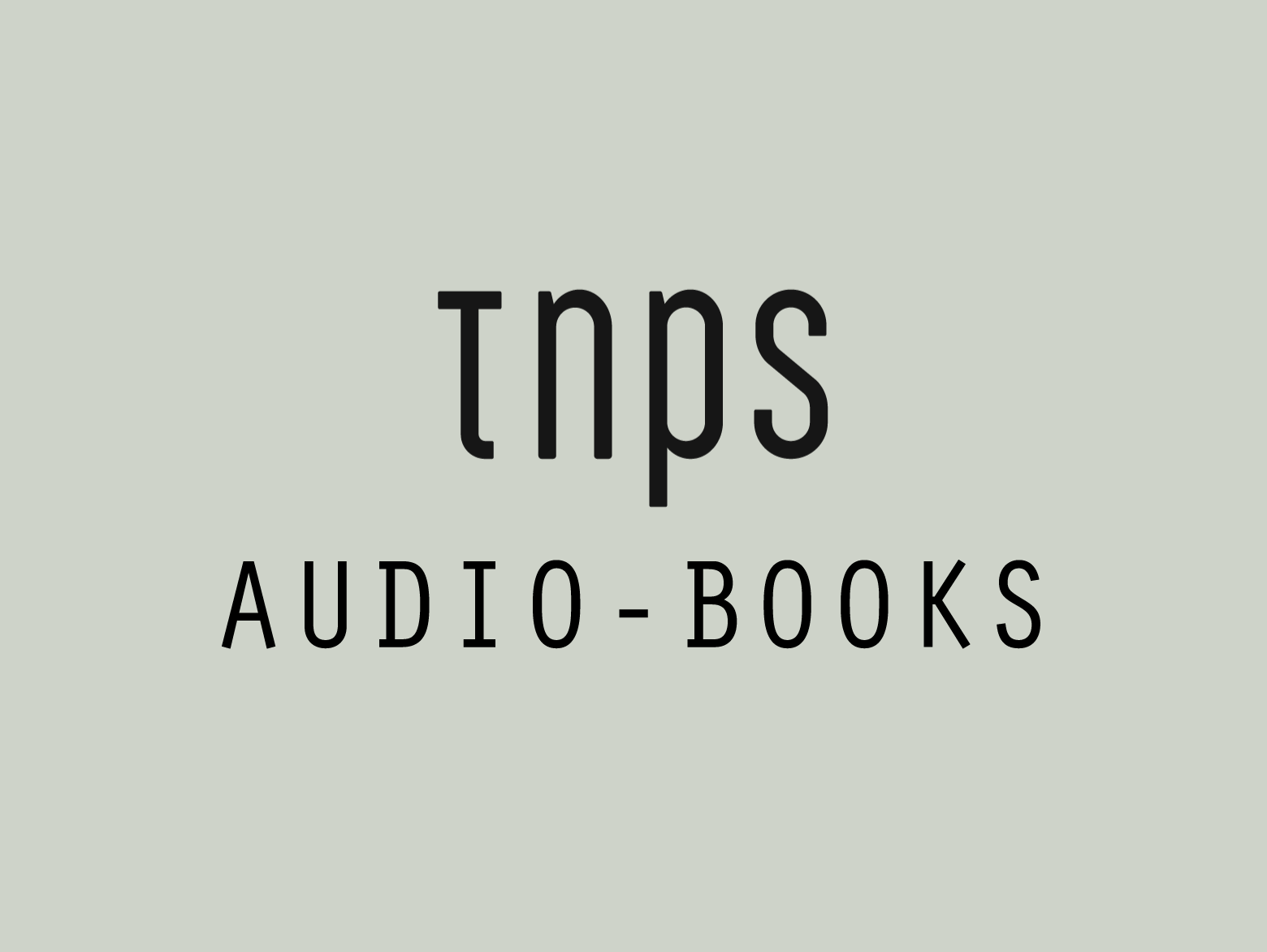For London to remain relevant for 2025 and beyond, (Gareth) Rapley needs to not just compete with Bologna, but be so different from Bologna and PW New York that London remains “the” must-attend spring event for the industry.
While all the trade attention has been on Bologna and London this spring, other European book fairs have been cartwheeling back into full swing in this first fully post-pandemic year.
Brussels recently pulled in 90,000 visitors.
Paris over 100,000. And we now have 274,000 footfall at Leipzig – almost 100,000 more than attended Frankfurt last October. By contrast, Bologna and London this spring barely pulled in 60,000 between them.
Of course, comparisons must be tempered by an understanding that Bologna, London and Frankfurt are trade-facing events, while the others are public-facing.
But it’s not black and white. There is cross-over in all – Frankfurt last October pulled in an even 80,000 each in trade and public attendance.
But most importantly, there is room for growth across all.
In London, especially, space is tight, and it is unlikely the current Olympia venue and the event’s current organisational structure could allow the London Book Fair to expand in any meaningful way.
But that should not deter LBF Director Gareth Rapley from considering his options, if not for 2024 then certainly for 2025.
There’s much to be learned from Leipzig, Frankfurt and the other big footfall fairs and festivals, in looking at how they expand their programme beyond the confines of a single physical location and make the event a celebratory occasion for the city, not just the venue.
Per past discussion of the future of the London Book Fair –
…the LBF has lost a lot of its shine in recent years. In part that was due to the farcical management during the early stages of the Pandemic, when it seemed the LBF management was unable or unwilling to grasp the enormity of the Pandemic’s deadly spread.
LBF management then compounded the problem by playing fast and loose with publishers’ money.
This, remember, at a time when the industry fully expected the trade to collapse, with many publishers embracing government furloughs to try stay afloat amid the expected decimation.
Of course the publishing industry defied the odds and emerged all the stronger for the Pandemic’s wrath, and that perhaps helped the trade forgive and forget the worst excesses of profit before people that indelibly stained the LBF’s reputation.
Gareth Rapley, it should be clear, was not part of the LBF at that time. But he inherited the fall-out, not just of poor LBF management, but of a shift in the global publishing balance of power.
New York Book Expo was dead, and not a moment too soon. Digital Book World and the fast-growing PW Book Show in New York have emerged the new contenders as champions of the US industry, Frankfurt continues to dominate the autumn European trade publishing calendar, and Bologna, for so long “just” a children’s book fair, is now reinventing itself and challenging London head-on for supremacy of Europe’s spring trade publishing calendar.
This from the TNPS LinkedIn Pulse newsletter:
And all this as regional publishing fairs like Buenos Aries, Sharjah, Abu Dhabi and more, threaten to become not just major regional hubs drawing international trade interest away from the Atlantic axis, but potentially causing a realignment of the balance of publishing power in the world.
All of which means that, for all the camaraderie and bon homie evident at #LBF23 as those who could attend got to meet up with old friends and colleagues, there is a big question mark over just what LBF brought to the table that could not be obtained elsewhere.
Yes, there were lots of trade deals, but seriously, how many of those actually originated at LBF23 rather than were just ceremoniously signed off at LBF23, all the real work having been done online or over the telephone in prior months?
A trade book fair is not a boat show or a car show. No-one goes to a book fair, sits down and reads a book they’ve never seen before, and signs a major deal with the publisher on the spur of the moment.
How many of these pre-arranged deals could have been signed off at Bologna instead? Or at another event? And even if Rapley can continue to keep clear blue calendar distance between London and Bologna, just how may spring book fairs do busy publishing professional need to be at, especially when the May PW Book Show is firing on all four cylinders?
For London to remain relevant for 2025 and beyond, Rapley needs to not just compete with Bologna, but be so different from Bologna and PW New York that London remains “the” must-attend spring event for the industry.
To do that, LBF needs to expand beyond its single-venue comfort zone, embrace public engagement, and embrace and fully meet the needs of trade visitors (this year LBF could not even provide enough seats for trade visitors – try as I might, I cannot find reports of any other trade fair anywhere where there was not enough seating for the expected number of visitors).
But more than that, LBF needs to move with the times. There is, right now, no UK/Europe equivalent of Bradley Metrock‘s Digital Book World.
Sure, LBF had strong themes of AI and audio discussion, but at the end of the day LBF23 was just another traditional publishing book fair clinging to its print roots from an era when the very word book conjured up an image of ink on paper sold in a physical bookstore.
The publishing word has changed. Its book fairs, not so much. At least, not in Europe.
Too late to meaningfully rethink LBF24, of course, but if Gareth Rapley has any hopes of being a player in the publishing events industry in 2025, now is the time to start reimagining the London Book Fair for the second half of the 2020s.





